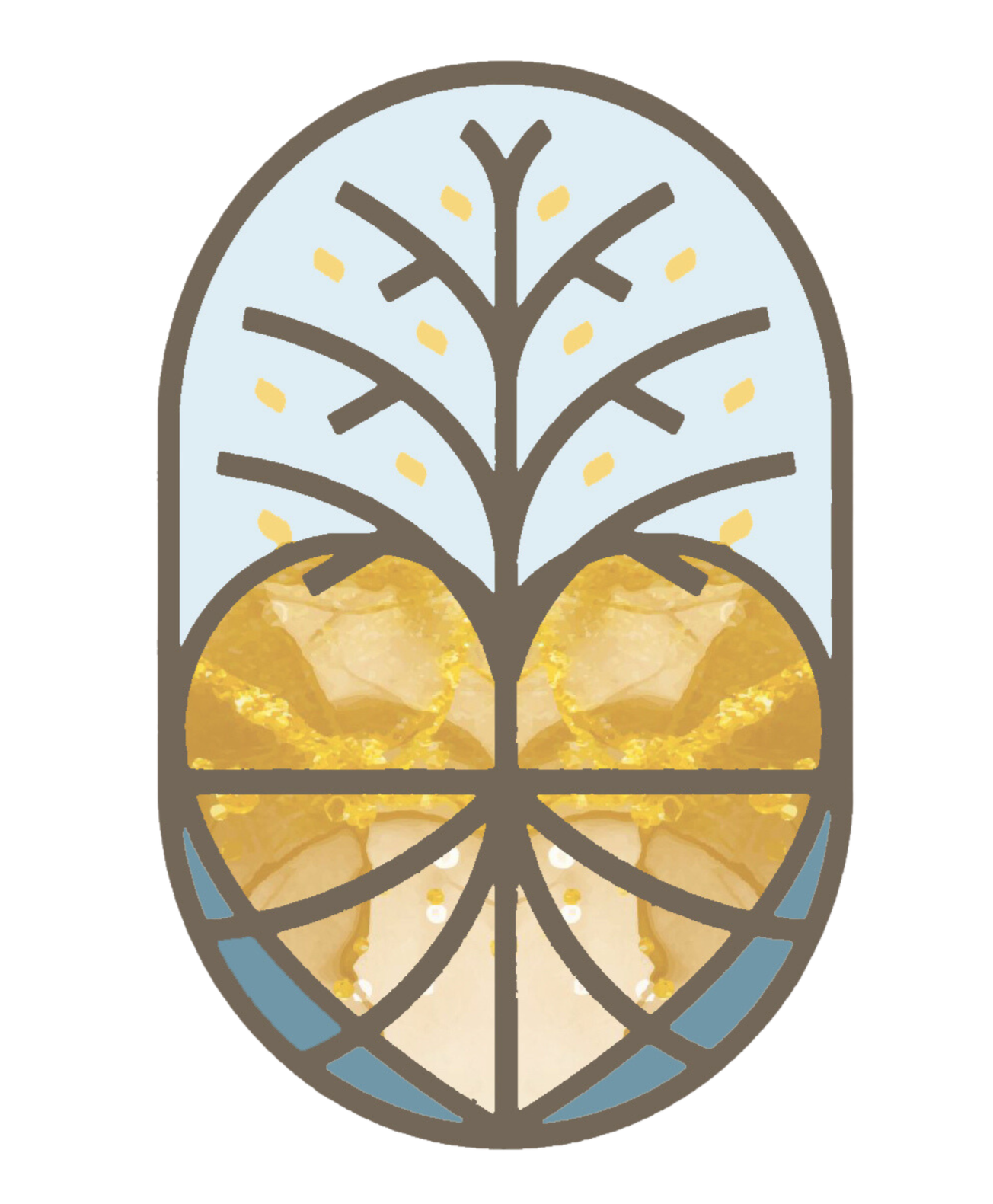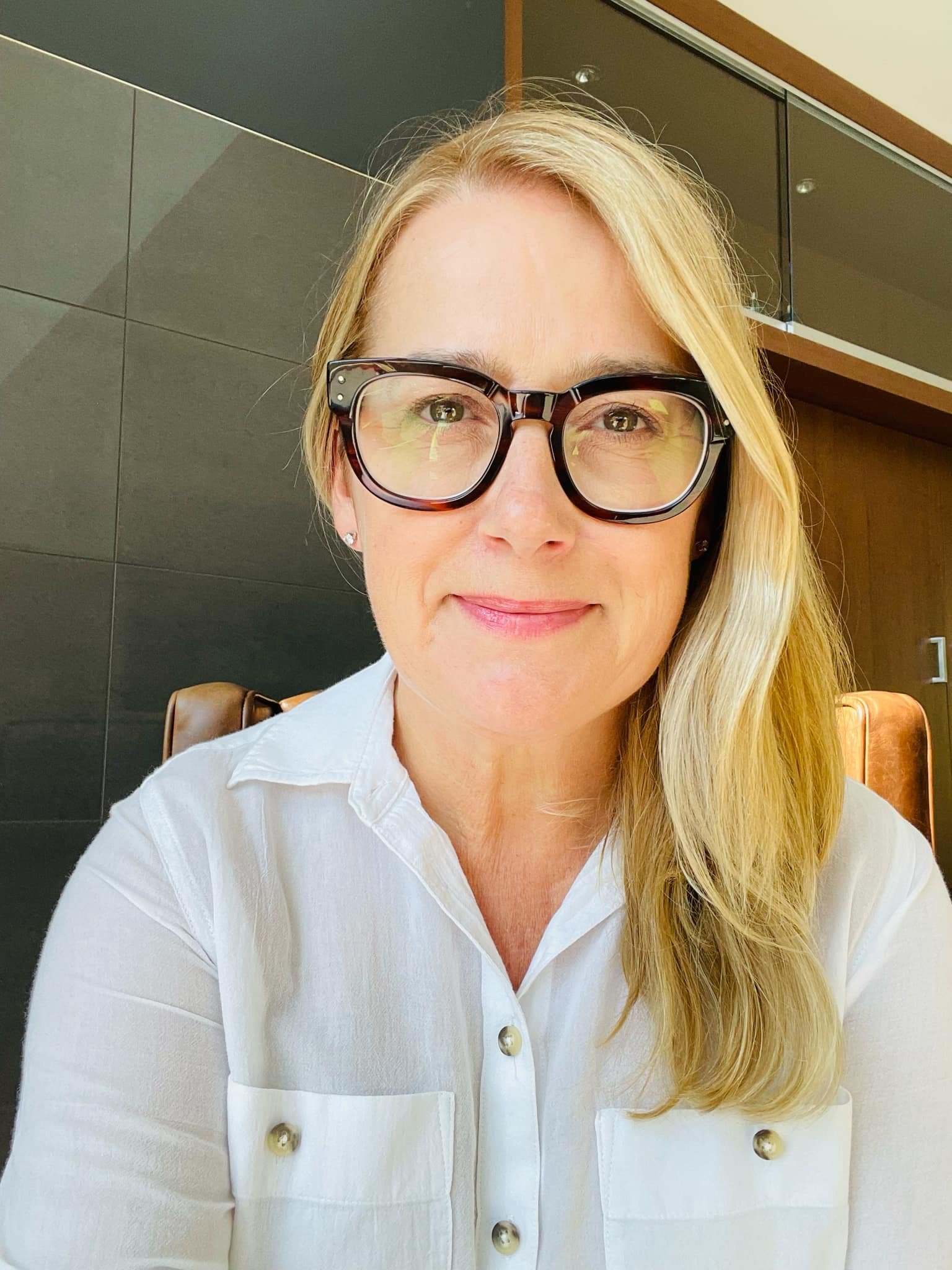
It’s October…
A TIME TO EXPERIENCE WELLNESS AND BE INSPIRED
by The Rooted Heart Psychotherapy
This month….
I have officially settled into The Rooted Heart’s new home, located at 101 Worthington Street East - Suite 401-A, North Bay, Ontario P1B9G5. You can book your next session here!
How the Body Keeps the Score
I reference the concept of The Body Keeps the Score on a daily basis. Trauma is stored in the body. Accelerated Resolution Therapy (ART) helps "look" at how the body keeps the score through paying attention to what we had to push down as children or adults when exposed to trauma events that we could not express or get what we needed in that or shortly after an exposure to big T and small t traumas.
This youtube video helps explain the body response to images, body sensations and thoughts from their experience of trauma.
I am finishing my Level Two Gottman Method training, which allows me to use evidenced based interventions to help couples who are struggling and want to resolve conflict and thrive in their relationships. You can check out more about The Gottman Method on the website here.
I am now the first practitioner in Northern Ontario to be certified as a Master in Accelerated Resolution Therapy. The results with clients have been so positive and they affirm my continued learning and application of this trauma therapy that helps clients move mountains (in my experience).
ART’s effectiveness in treating post-traumatic stress (PTS) is remarkable. In one of the first published studies, 80 participants with PTSD underwent ART and showed an 80% positive response rate after just four sessions. Combining components of Cognitive Behavioral Therapy with deliberate eye movements and imagery, ART offers a swift alternative to traditional therapy methods.
Click here to read more about ART’s benefits
Click here to read the evidenced based research for ART’s benefit for first responders, military, post traumatic stress and more…
In my private clinic, I now have access to the Psychotherapy Matters Virtual Clinic (PMVC).
Accessing mental health services can be challenging, especially with long wait times for psychiatric care in many parts of Ontario. This is where collaborative care that includes involving a psychiatrist to our psychotherapy goals of care can help and primary care provider becomes crucial to achieving mental health and wellness.
PMVC helps bridge these gaps.
Watch the video to see how PMVC might be an important part of your healing journey, and reach out to angela@therootedheart.ca to see if working with me is a good fit!
Tools and Tips For Your Well-Being
Here are a couple Simple Stress-Relief Techniques that you can use any time of day to balance your emotions and calm the parasympathetic nervous system.
And for more tips and techniques daily… be sure to follow my new Facebook Page here! Even if you are part of the private group, you will find different posts, notifications etc. on this page.

This Month’s Funny
Here is a great podcast with Elizabeth Gilbert talking about boundaries:
Some Modalities I use during the course of Therapy
-

Accelerated Resolution Therapy
A therapeutic technique designed to help people overcome the stress associated with troubling memories. Combining eye movements and imagery, ART offers a swift alternative to traditional therapy methods, with an impressive track record for treating conditions like PTSD, anxiety, and depression.
-

The Gottman Method - Couple's Therapy
The Gottman Method is an approach to couples therapy that includes a thorough assessment of the couple’s relationship, and integrates research-based interventions to disarm conflicting verbal communication; increase intimacy, respect, and affection; remove barriers that create a feeling of stagnancy; and create a heightened sense of empathy and understanding within the context of the relationship.
-

CI: Compassionate Inquiry
Compassionate Inquiry is an approach, which reveals what lies beneath the appearance we present to the world. This approach helps to recognize the unconscious dynamics that run our lives and learn how to liberate ourselves from them.
This Month’s Book Recommendations
-

It's On Me: Accept Hard Truths, Discover Your Self, and Change Your Life
by Sara Kuburic
-

The Body Keeps the Score: Brain, Mind, and Body in the Healing of Trauma
by Bessel van der Kolk M.D.
Dr. Bessel van der Kolk, one of the world’s foremost experts on trauma, has spent over three decades working with survivors. In The Body Keeps the Score, he uses recent scientific advances to show how trauma literally reshapes both body and brain, compromising sufferers’ capacities for pleasure, engagement, self-control, and trust.
Van der Kolk highlights that trauma is stored in the body, often unconsciously. Intergenerational trauma can influence our stress responses, but awareness can help us release unhelpful patterns.
Have you ever felt lonely, unfulfilled, or trapped? Many of us do in our roles and relationships leading us into cycles of self-sabotage and bad decisions in an attempt to feel happy or just to feel something. In It’s on Me, Sara Kuburic explains that it doesn’t have to be so trying to feel whole.
In It’s on Me, Kuburic unpacks “self-loss,” giving us new vocabulary to understand this rarely talked about experience and offers tools she’s used for years to help clients recover.
My New Podcast: Ask Angela launches soon!
In the meantime, you can check me out as a guest on To North Bay with Love with Lisa Boivin where I talk a bit about Accelerated Resolution Therapy and Compassionate Inquiry!

What Other Experts Are Saying…
To contact the deeper truth of who we are, we must engage in some activity or practice that questions what we assume to be true about ourselves.
- A. H. Almaas
‘What’s the greater risk? Letting go of what people think – or letting go of how I feel, what I believe, and who I am?’
- Brene Brown







